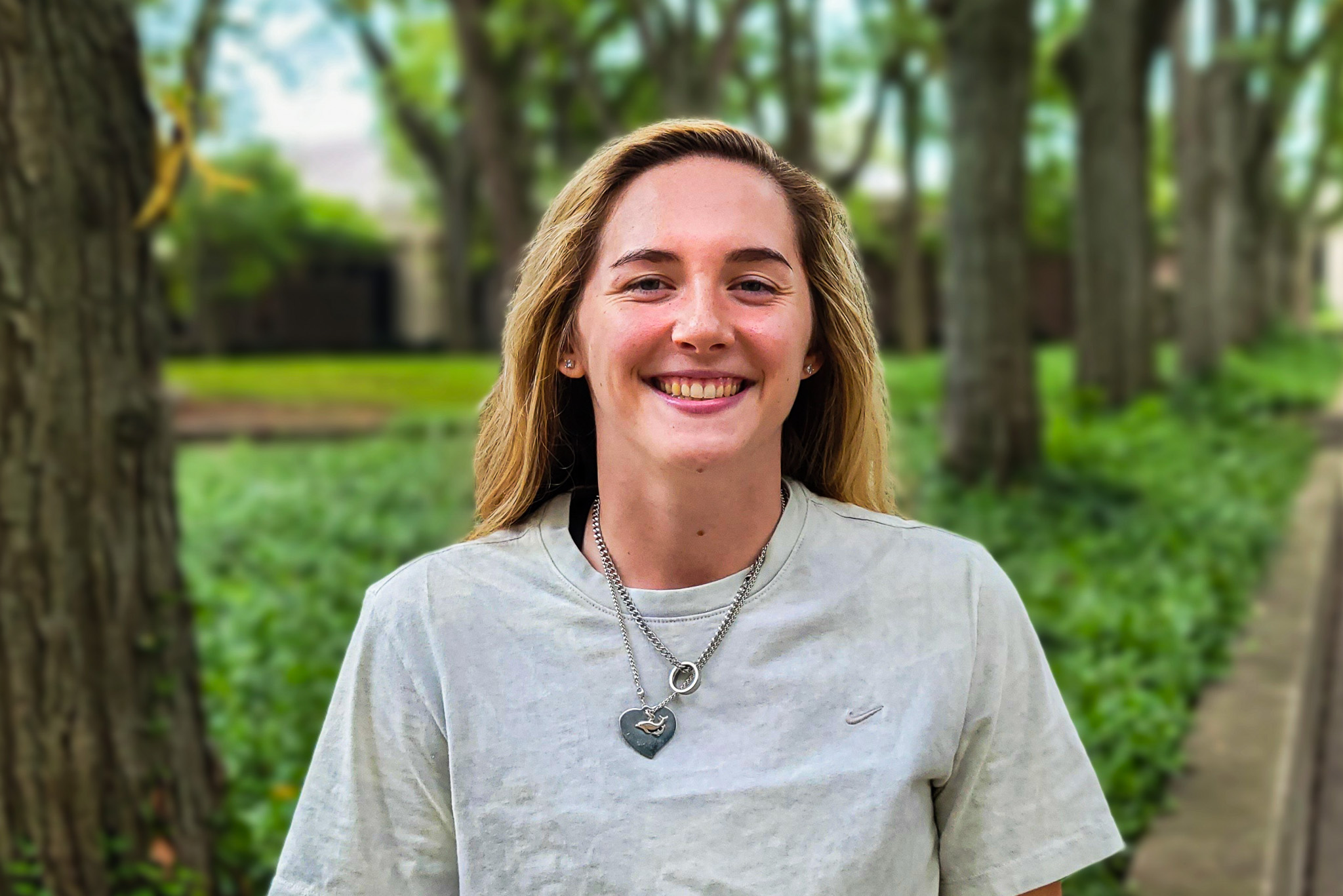How much does it matter where you go to school?
If you asked me this question in 2020, I would have said it doesn’t matter, as long as I’m playing basketball. However, after my first year in college, it became clear to me that it mattered more than anything.I became passionate about being somewhere that I could be proud of what the institution stands for, and being somewhere that I could not only feel safe being who I am, but supported and valued for all of my identity.
When you attend an institution, you are an extension of them in what they do, say and believe. Your college experience is so much more than just the degree you receive and the classes along the way.
It’s the morals and values you’re exposed to, the supplemental learning opportunities you’re presented with, the student body you are immersed in, the challenges you overcome and the family you develop along the way.
These are formative years in our life, and attending a place that fosters your growth as a student, but also as a human being, will prepare you to go into the world with the ability and desire to make a meaningful impact wherever you go.
Externally, I have changed very minimally in the last three years of college. My backwards hats and basketball shorts have remained consistent throughout most of my 21 years of life, so to an outsider with minimal information, I might look like the same person at Goshen College that I was at Columbia International University.
Internally, though, I am very thankful to say that I am unrecognizable now from who I was at CIU. I’m often entertained by the fact that nobody at GC knows just how much I’ve changed in only one year here, and the magnitude of certain traits I possess would lead many to believe that I have been this way for my whole life.
I don’t believe that any institution will get everything right a hundred percent of the time, but I will say that one week at my old school would give just about anyone an entirely new appreciation for GC and their constant desire to improve, grow and pursue an environment which is conducive for everyone to feel seen in their true identity.
At CIU, there was no shortage of diversity in regards to race, class and sexuality, but every aspect of who you are that isn’t white, straight and Republican is not only frowned upon, but often prohibited.
When I arrived at GC, I was not only surprised by the prevalence of diversity, but by the prominence of cultural identification and pride.
At CIU, I was not allowed to be outwardly gay — and by not allowed, I don’t mean it’s as simple as telling me it’s a sin and expecting me to be convicted into straightness. If you were discovered to be anything but heterosexual, you were either making the decision to leave the school or committing yourself to conversion therapy masked with a more socially acceptable title.
At GC, I have been embraced for every aspect of my identity. But more than that, I have been deeply educated on how I can utilize my identity when working to create a space for the appreciation of other identities that differ from mine.
I have developed a passion for social justice which is backed by more than innate values, and discovered that Christ-like love exists far beyond just the walls of the church like I was previously taught.
“If you are neutral in situations of injustice, then you have chosen the side of the oppressor.” -Desmond Tutu




